resources

Heterodox Academy is the world’s largest nonpartisan nonprofit member organization of 5,400+ university faculty, staff, and students committed to improving research and education by promoting the ideals of viewpoint diversity, open inquiry, and constructive disagreement.
Mission:
To improve the quality of research and education in universities by increasing open inquiry, viewpoint diversity, and constructive disagreement.
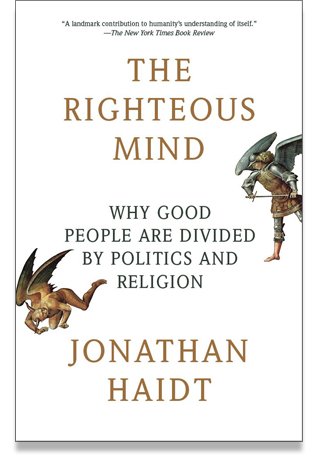
Jonathan Haidt is a social psychologist at New York University’s Stern School of Business whose mission is to use research on moral psychology to help people understand each other and to help important social institutions work better.
Author of The Happiness Hypothesis, The Coddling of the American Mind, and The Righteous Mind.
Co-founder of Heterodox Academy
Read his article in The Atlantic
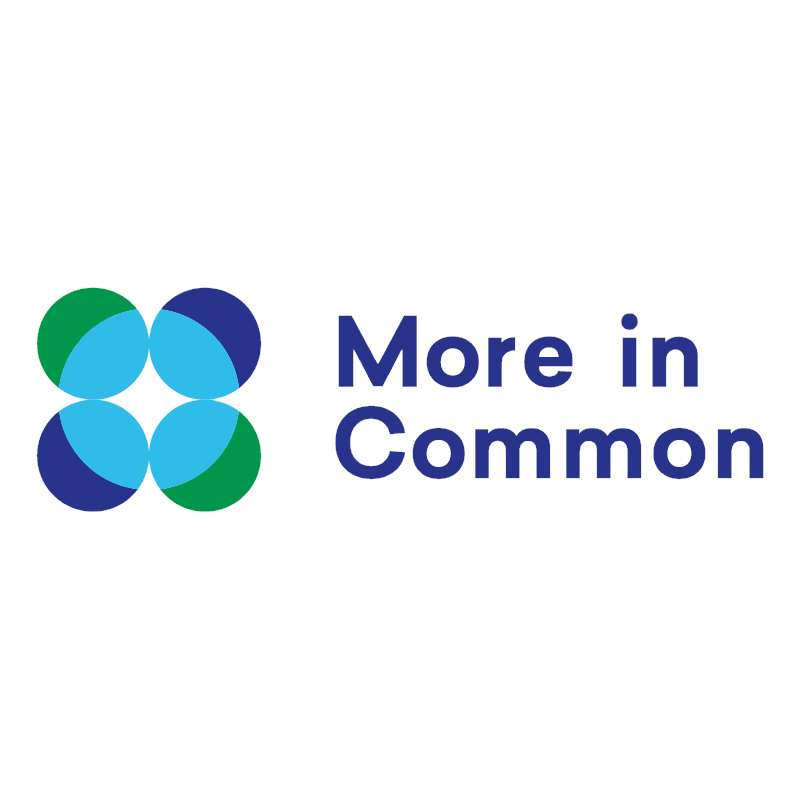
More in Common works in partnership with a wide range of civil society groups, as well as philanthropy, business, faith, education, media and government to connect people across the lines of division. More in Common's work includes research into public attitudes, communications initiatives that resonate with a majority who are currently being targeted by populist narratives, and projects that bring people together in ways that counter the forces of fracturing and fragmentation.
Stephen Hawkins, Daniel Yudkin, Míriam Juan-Torres, and Tim Dixon, co-founders and co-authors of Hidden Tribes report.

"Today, I'm worried about the rise in political dysfunction and hostility. I think our divided country would benefit from conversations defined by genuine curiosity, greater humility, and lots of laughter. With a commitment to empathy and to evidence, I aim to be a voice for the Exhausted Majority, one that informs, entertains and gives reasons for hope.”
Stephen Hawkins, organizer, co-founder of More in Common and co-author of Hidden Tribes report.
Donate here.
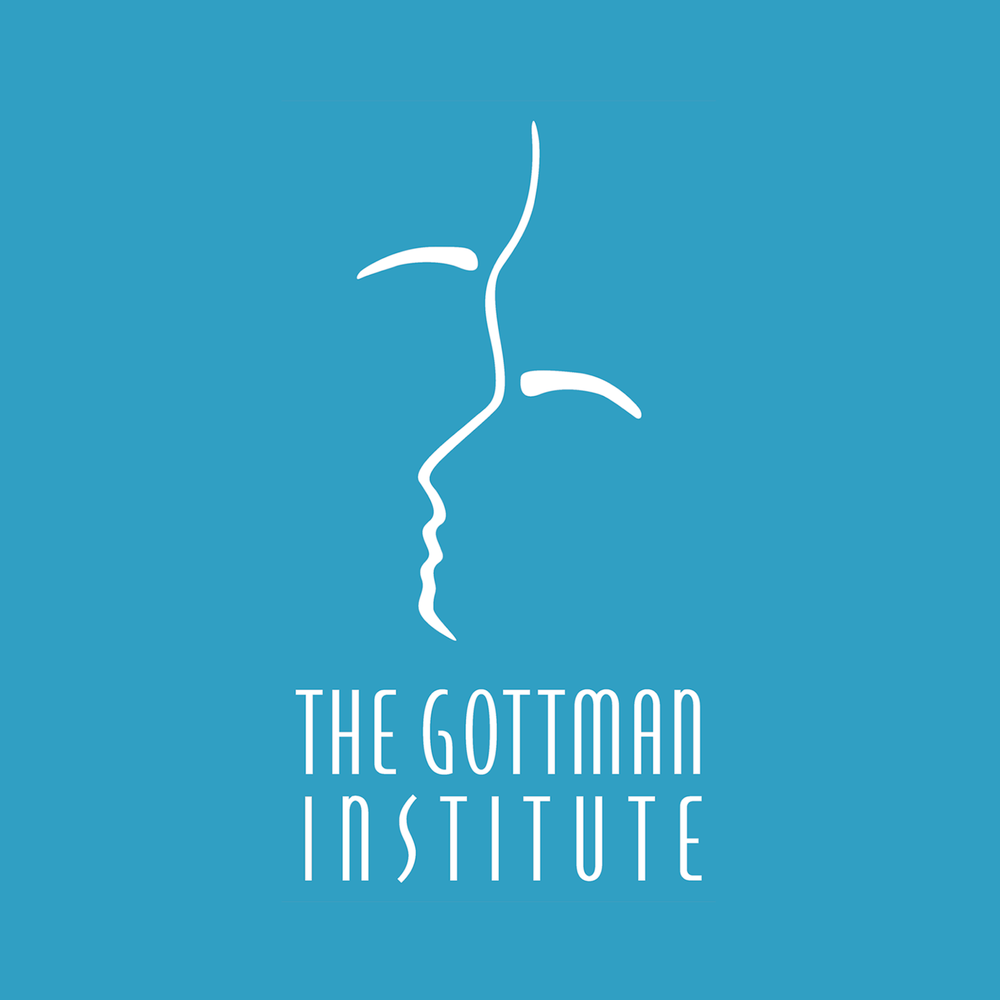
The Gottman Institute understands that the human family is in crisis, and that all individuals are capable of and deserve compassion. It is their mission to reach out to families in order to help create and maintain greater love and health in relationships. They are committed to an ongoing program of research that increases the understanding of relationships and adds to the development of interventions that have been carefully evaluated. It is their goal to make their services accessible to the broadest reach of people across race, religion, class, culture, sexual orientation, and ethnicity. They are also committed to the care and support of our Institute team, as they know that compassion must begin with ourselves.
John Gottman and Julie Gottman, co-founders

Weave: the social fabric project supports those who have found a more connected way to live. Weave explores what it means to weave in our schools, our workplaces and every other part of life. Weave’s mission is to invite everyone to start living like a weaver and shift our culture from one that values achievement and individual success to one that finds value in deep relationships and community success.
David Brooks, founder
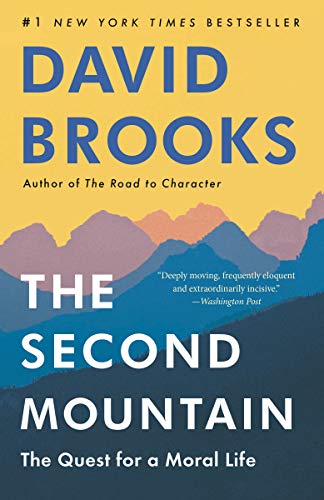
David Brooks is a conservative political and cultural commentator who writes for The New York Times.
Chair of Weave: The Social Fabric Project
Read his article in The Atlantic
Read his work in The New York Time
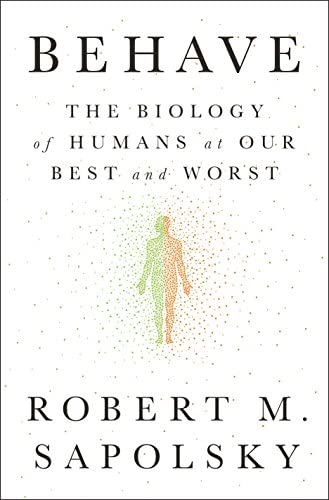
Robert Sapolsky is a neuroendocrinology researcher and author. He is a professor of biology, and professor of neurology and neurological sciences and, by courtesy, neurosurgery, at Stanford University. In addition, he is a research associate at the National Museums of Kenya.
Author of Behave and Why Zebras Don’t Get Stripes
Buy Behave
Read his work in Foreign Affairs
Read his speech in The University of St. Thomas Journal of Law & Public Policy

Karen Stenner is a political psychologist & behavioral economist best known for long ago predicting the rise of Trump-like figures under the kinds of conditions we now confront. Formerly an academic (Princeton, Duke), Stenner left academia with a strong desire to apply her unique combination of talents and skills to the resolution of pressing, real-world problems.
Read her essay with Jonathan Haidt in Can it Happen Here?

United States Military Academy at West Point educates, trains and inspires leaders of character who are committed to the values of Duty, Honor, Country and prepared for careers of professional excellence and service to our nation as Army officers.
At West Point, cadets receive a top-tier education, along with military and physical training, but at the heart of everything we do is develop character, and the moral-ethical attributes essential to good leadership.
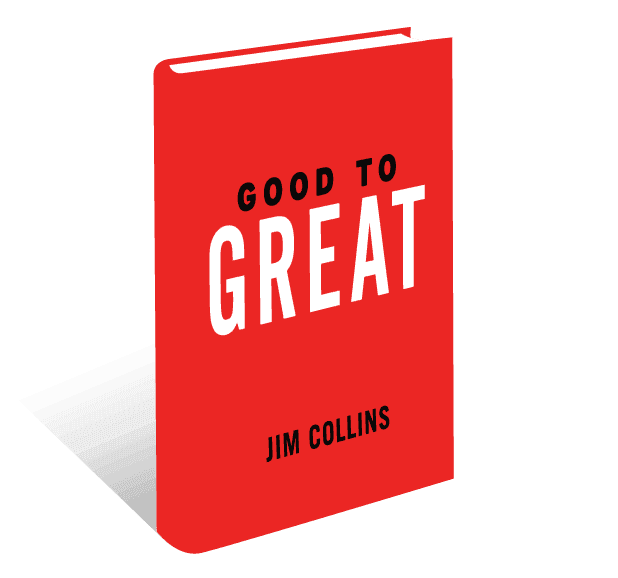
Jim Collins is a student and teacher of what makes great companies tick. He is also an author and former West Point Academy professor.
Author of Good to Great, Built to Last, Turning the Flywheel, Great by Choice, Good to Great and the Social Sectors, How the Mighty Fall, and BE 2.0
Buy Good to Great
Buy BE 2.0
Listen on The Knowledge Project
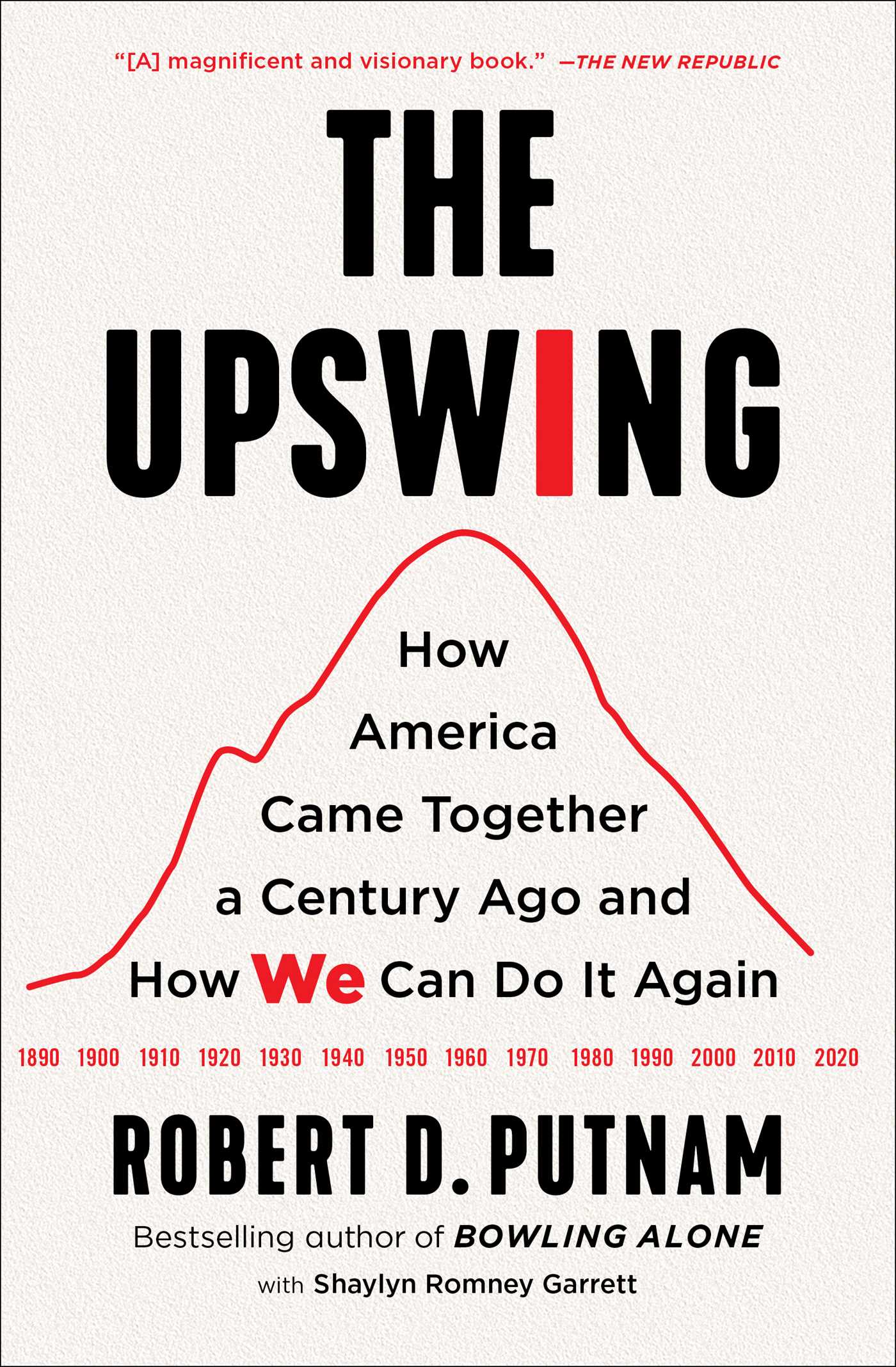
Robert Putnam is the Malkin Research Professor of Public Policy at Harvard University, having retired from active teaching in May 2018. He is a member of the National Academy of Sciences, a Fellow of the British Academy, and past president of the American Political Science Association. He has authored 15 books.
Author of Our Kids, Bowling Alone & The Upswing
Buy Bowling Alone
Buy The Upswing
RYAN
STREETER
Ryan Streeter is the Director of Domestic Policy for the public policy think tank American Enterprise Institute (AEI). He is an author and editor and has had his work featured in several publications.
Read his article in National Affairs
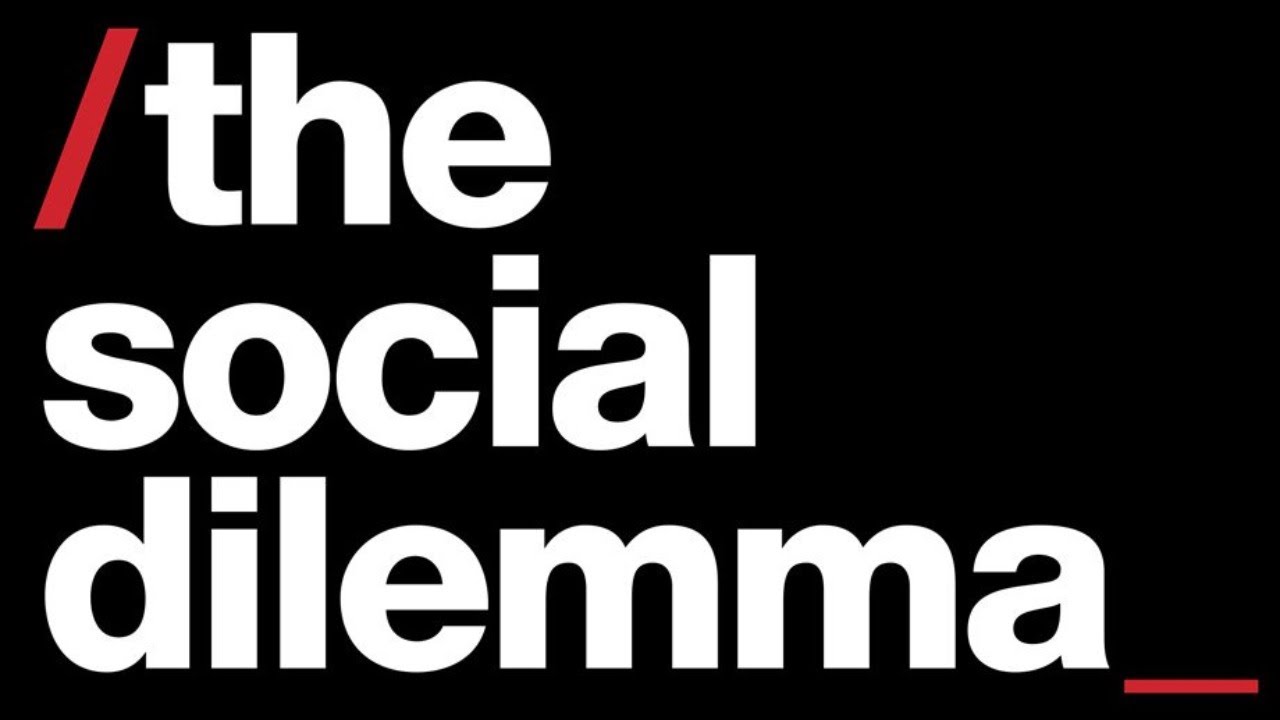
Tristan Harris is Co-Founder & Executive Director of the Center for Humane Technology (CHT), a nonprofit organization whose mission is to align technology with humanity’s best interests.
He regularly briefs heads of state, technology CEOs, and US Congress members, in addition to mobilizing millions of people around the world through mainstream media.
Watch The Social Dilemma
Listen to his podcast
The Google Presentation that started it all
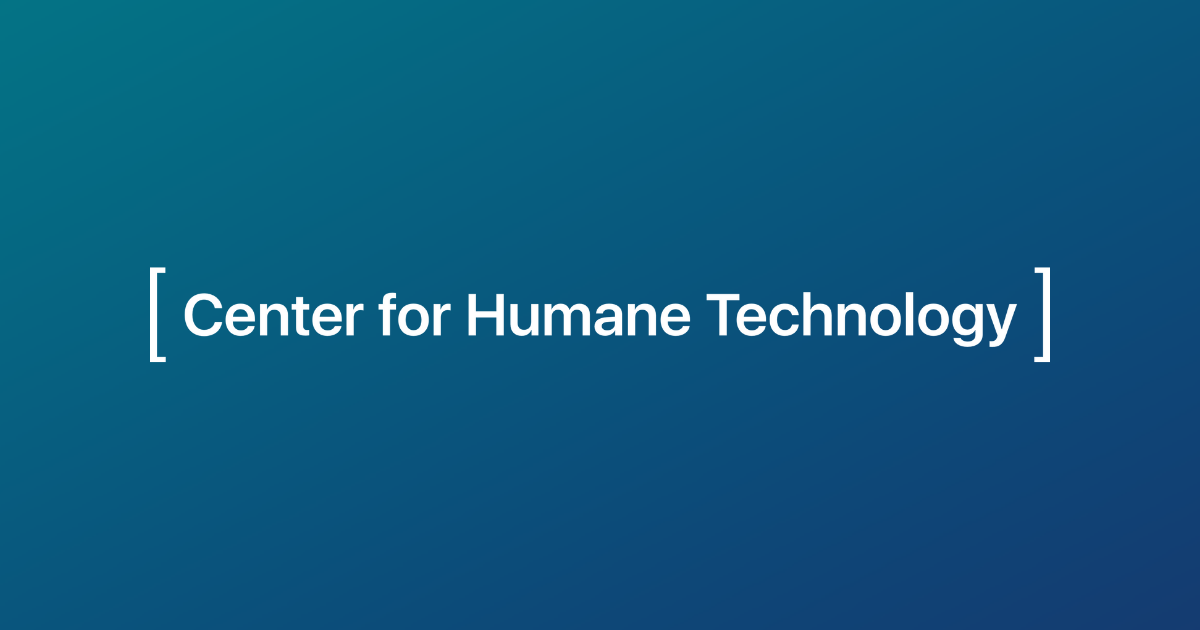
The Center for Humane Technology is a nonprofit co-founded by Tristan Harris after he voiced concern about social media's effect on everyday lives and human vulnerabilities. The Center for Humane Technology works to expose the drivers behind all extractive technologies steering our thoughts, behaviors, and actions and believes that by understanding the root causes of harmful technology, we can work together to build a more humane future.
Mission:
To shift technology towards a more humane future that supports our well-being, democratic functioning, and shared information environment.
.png)
